Music and film have always been inextricably linked, whether it be through a combination of both as seen in great movie musicals musicals like Grease, Hairspray, and La La Land, or that a dramatic movie is about musicians, like Walk the Line and Ray. Most commonly, it's just the importance of a film’s soundtrack. Movie scores have the ability to make or break a movie; the music often dictates the tempo, genre, and emotion of a screenplay, combining with the picture to create a truly cinematic experience.
To the average moviegoer, there aren’t many composers who spring to mind upon reflection. Perhaps the likes of the Oscar-winning Hans Zimmer and John Williams are two that may come to mind most naturally, but there is one person in particular that transcends his mantle as a composer, and reached the realms of a film icon. He was the man behind the scores for some of the greatest feats of cinema ever (The Good, the Bad, and the Ugly, Cinema Paradiso, The Thing, and Once Upon a Time in America to name a few).
That man is the late, great Ennio Morricone. The Italian composer practically needs no introduction; the multiple award-winner composed and arranged scores for more than 400 films and series during his career, selling more than 70 million records worldwide. Let’s take a look at some of his best work…
5 Cinema Paradiso
The Italian film Cinema Paradiso scooped the Academy Award for Best International Feature (then the Best Foreign Film) back in 1989, and naturally, Morricone designed the soundtrack. Using a mixture of wind instruments, strings, and piano, the music he composed translated into the film's themes of love, and nostalgia, making it one of the most renowned motion pictures of the 20th century. The film is a lover letter to film itself, and Morricone's score is equally infatuated with the sounds of great cinema.
4 The Untouchables
The Untouchables is one of Brian De Palma's stand-out films, starring the likes of Robert De Niro, Sean Connery, and Kevin Costner. The film follows the story of mob boss Al Capone (De Niro) and his illicit involvement in the alcohol trade during the prohibition era and the subsequent police investigation into his illegal activities.
The film became a critical success, as did its soundtrack composed by Morricone, which was nominated for a Grammy Award. The movie’s opening sequence features “The Strength of the Righteous,” characteristically harmonica-infused with low-end, evocative piano and an electronic accompaniment, all of which remain themes throughout. Morricone’s score really compliments the on-screen action, never too forceful, yet always appreciable.
3 Once Upon a Time in the West
Once Upon a Time in the West signified the end of one of cinema’s greatest relationships, following the conclusion of the movie’s production, Leone and Morricone went their separate ways, in large part due to Leone’s premature death just 5 years later. The score for Once Upon a Time in the West contains a haunting pan flute, as well as elements of traditional jazz. It is common practice that directors and editors will add music to the post-production of the scene; however, in the case of Leone, his belief in Morricone's abilities was such that he entrusted his old schoolmate with the responsibility of creating the music pre-filming so that it could be played to the cast while filming on set.
2 The Hateful Eight
Following his work alongside Quentin Tarantino, Morricone was alleged to have called Tarantino a “cretin,” likening the Kill Bill director’s style to “reheating old food” and ripping off films from the past. In spite of this rather damning indictment, Morricone’s score for the 2015 drama The Hateful Eight was ingenious, having in part reused some of his music from the 1982 film, The Thing.
Utilizing a concoction of synthesizers and dooming strings for the epic eight-minute long overture, as well as bellowing percussion throughout the movie’s tense nature, the score is a masterpiece. Remarkably, Morricone received his first Academy Award for his score for The Hateful Eight at the grand old age of 85. Albeit, his works had been recognized by the Academy in 2007, where he received the Honorary Academy Award, making him only the second composer to have picked it up.
1 The Dollar Trilogy: A Fistful of Dollars, For a Few Dollars More, The Good, The Bad, and the Ugly
In all three of Leone’s acclaimed Dollar Trilogy, his fellow countryman and friend Morricone joined forces with the best Spaghetti Western filmmaker. Throughout this trilogy, Morricone arguably delivered his finest work; its influence on the music of an entire genre can still be seen and heard to this day, and his expert musical curation has in part helped define Westerns.
The triumphant grandeur of "Ecstasy of Gold" compliments the iconic graveyard scene in The Good, The Bad, and the Ugly, as well as the song of the same name, with its two-note melody and natural sounds reminiscent of a coyote’s howl, the beat resembling a galloping horse, and of course, the unmistakable sound of the flute. Due to smaller budgets, Morricone relied upon natural sounds like the human voice, along with whistling, which became a significantly prominent feature. The tuneful whistle became one of the defining sounds of the Wild West, as did the cracking of a whip he utilized in his masterful score.

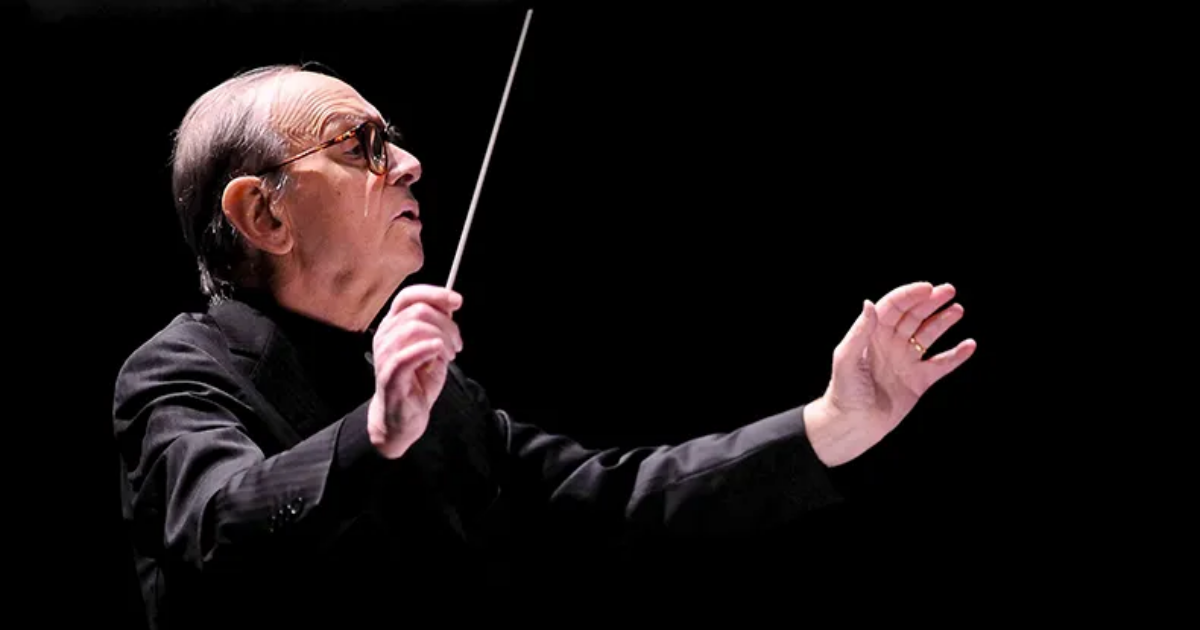
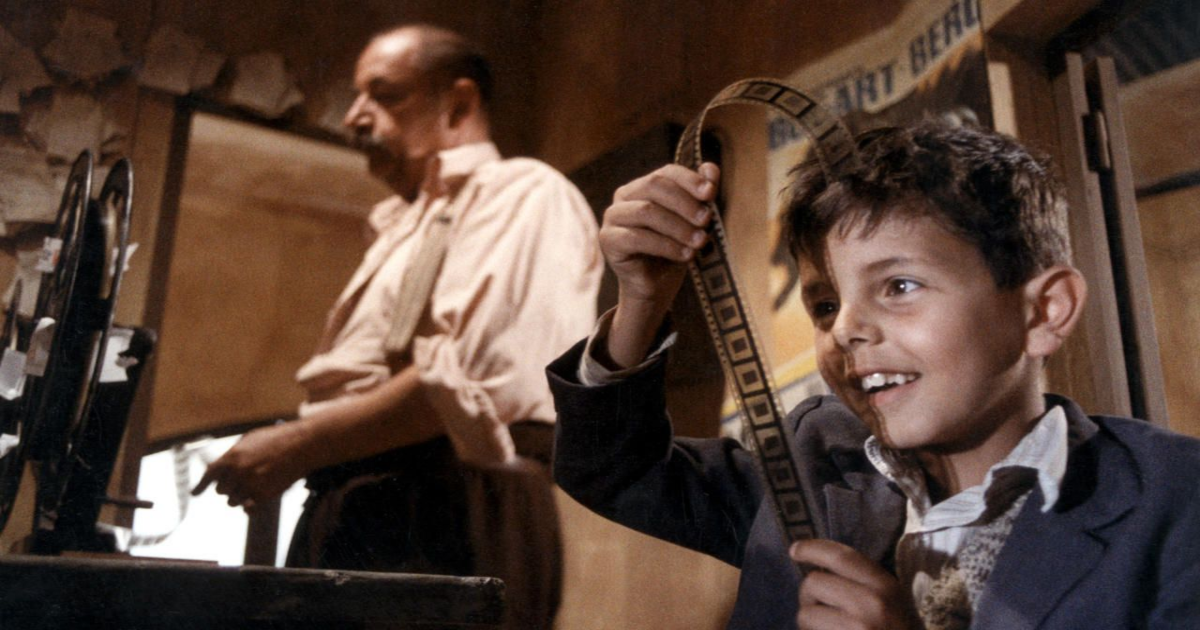
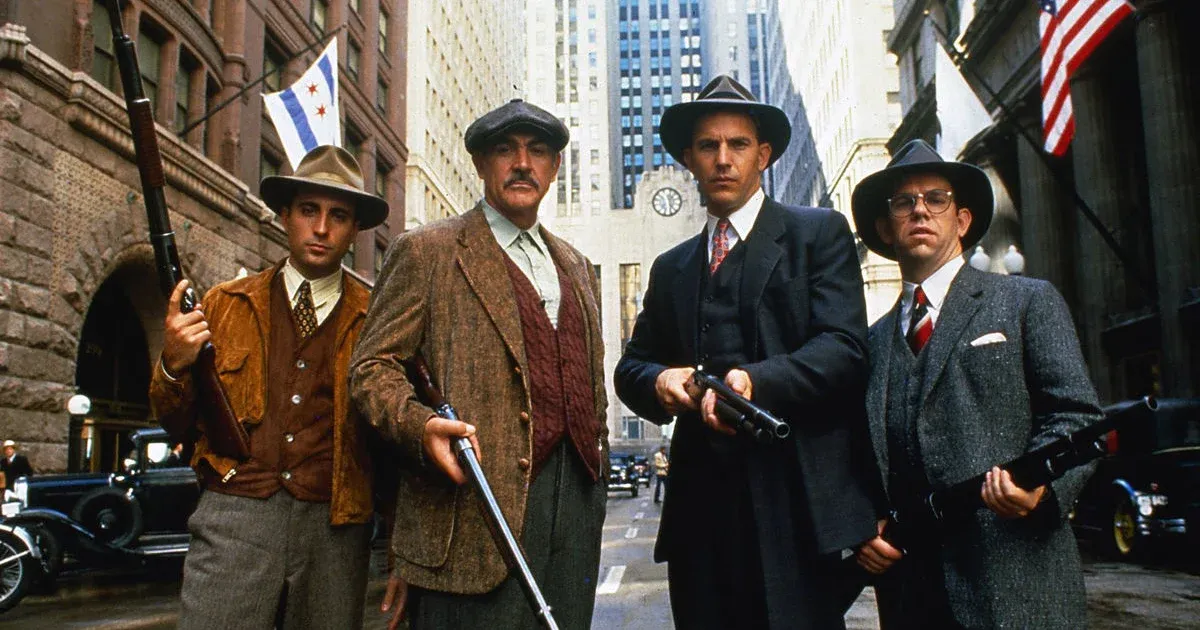
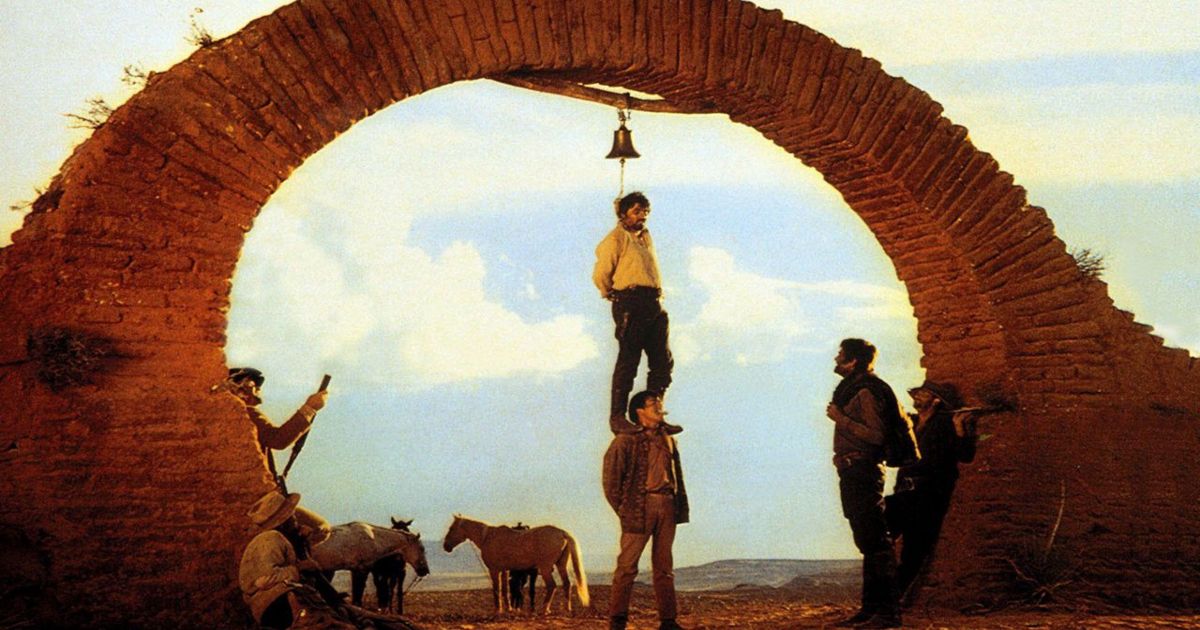
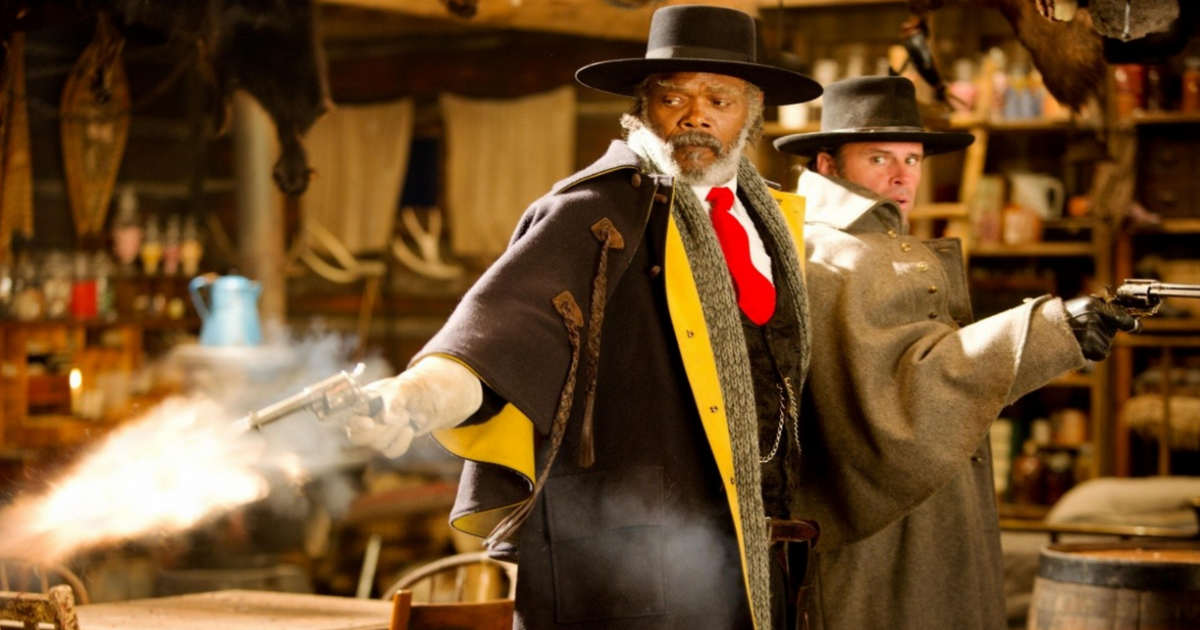
.jpg)